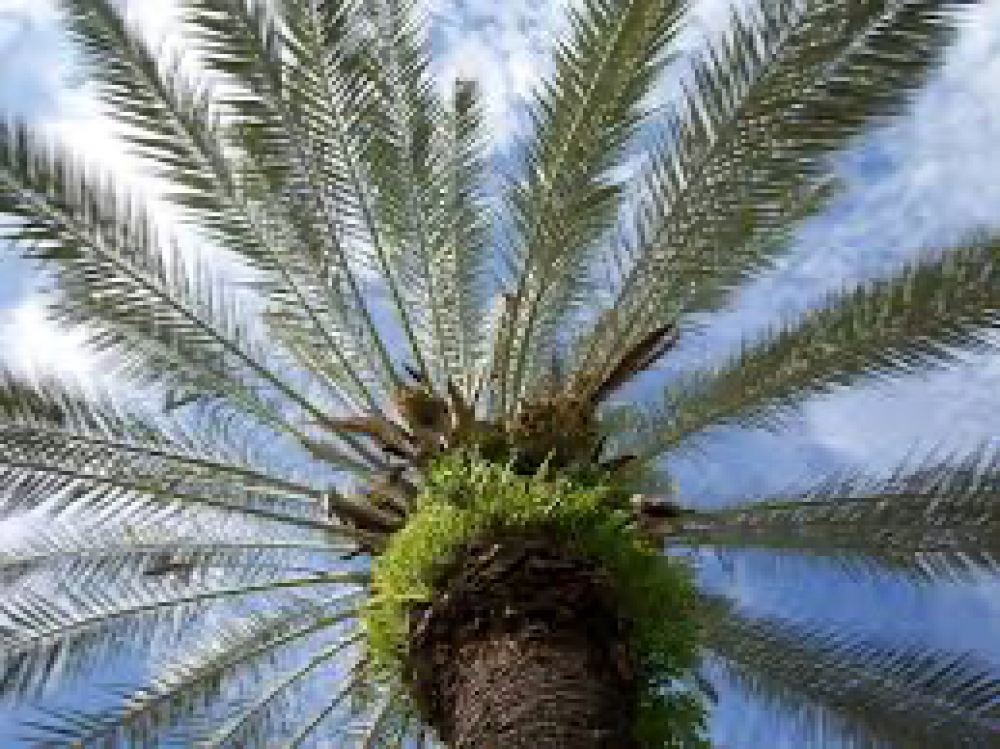The palm tree is one of the oldest trees planted by man, and it has a special place in different cultures, especially in the Arab regions. Palm trees are considered an essential part of the agricultural and historical heritage of these regions, as they have been linked to economic, social and cultural growth throughout the ages.
## The importance of palm trees
### Historically
The history of palm cultivation dates back thousands of years, and inscriptions and archaeological evidence have been found indicating its cultivation since ancient civilizations such as the Sumerian, Babylonian, and Egyptian. Palm trees were an essential source of food, as dates were used as a staple food, especially in desert and dry areas.
### Economically
Palm trees play an important role in the agricultural economy of many countries, as dates are among the most important agricultural products exported to various parts of the world. This sector contributes to providing job opportunities and strengthening the local economy, especially in countries that rely heavily on palm cultivation, such as Saudi Arabia, the Emirates, and Iraq.
### Environmentally
Palm trees contribute to combating desertification and increasing vegetation cover in dry areas. In addition, palm cultivation improves the soil and protects it from erosion, thanks to its deep and strong roots that stabilize the soil and prevent it from eroding.
## Types of palm trees
There are many types of palm trees that differ in their shape, size, and the quality of dates they produce. The most famous of these types are:
- **Ajwa palm tree**: It is considered one of the best types of dates, and it has a special religious status in Islam.
- **Khalas palm tree**: It produces dates of high quality and distinctive taste.
- **Barhi palm tree**: It is distinguished by its soft and sweet yellow dates.
## Benefits of palm trees
### Health
Dates are a rich source of vitamins, minerals and dietary fiber. It contributes to enhancing heart health, strengthening the immune system, and improving digestion. It is also considered a natural source of energy thanks to its high content of natural sugars.
### Culturally
Palm trees occupy a prominent place in Arab and Islamic culture, as they are mentioned in the Holy Qur’an and the Noble Hadith. Palm trees are used in many religious and social occasions, and are considered a symbol of generosity and hospitality.
## Palm cultivation
Palm cultivation requires special knowledge and experience, as it requires a suitable environment with appropriate climatic and weather conditions. Palm trees are grown through cuttings or seeds, and require continuous care that includes irrigation, fertilization, and protection from pests.
## Conclusion
Palm trees are a symbol of life and giving in many cultures, especially in the Arab world. Its role is not limited to the agricultural and economic aspects only, but also extends to include environmental, cultural and health aspects. Preserving this agricultural heritage and working to develop it is necessary to promote sustainable development and economic prosperity in areas that depend on palm cultivation.

